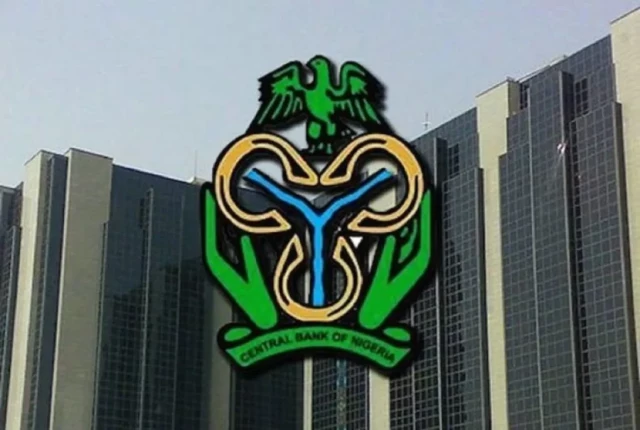The Central Bank of Nigeria is expected to generate around N50 billion by the end of 2024 from the newly implemented 0.005 percent cybersecurity levy on electronic transactions, according to economic analysts.
The Head of Research, FMDQ Group Plc, Vincent Nwani stated, “The CBN is expected to raise N50bn from the cybersecurity levy by 2024.”
Data from the Nigeria Inter-Bank Settlement System shows that electronic payments totaled N987 trillion between 2022 and 2023.
Applying the 0.005 percent levy to this amount results in an estimated revenue of about N49.35 billion.
He noted that in 2022, electronic payments totaled N387 trillion, generating N19.35 billion from the levy. In 2023, as transactions increased to N600 trillion, the revenue from the levy rose to N30 billion.
“For instance, we saw a remarkable 55 per cent surge in the total electronic payments, from N387tn in 2022 to N600tn in 2023 and the 2024 figure is projected at N999.9tn. At 0.005 per cent cyber security fees, the Nigerian government will earn N19.5bn for 2022, N30bn for 2023; 2024 will be equivalent to N50bn [projected figure] from its citizens,” he explained.
Nwani also noted a 27.85 percent increase in point-of-sale transactions, rising from N8.39 trillion in 2022 to N10.73 trillion in 2023.
He highlighted that PoS transactions cost Nigerians N214.6 billion in 2023, attributed to the N100 fee on every N5,000 withdrawal.
“On the other hand, in 2023, the total value of PoS transactions surged to N10.73tn, up from N8.39tn in 2022, marking a notable 27.85 percent increase. Additionally, a fee of N100 is charged for every N5,000 withdrawn via PoS, equating to two percent of the withdrawal amount.
“POS transactions cost Nigerians a total of N214.6bn in 2023 and N167.8bn in 2022. This growing reliance on PoS and the associated charges reflect the broader economic effects of the cashless policy on the population,” the economist stated.
Meanwhile, the Vice Chairman of Highcap Securities, David Adonri, stated, “The increase in electronic payments is driven by the CBN’s cashless policies and naira redesign. Despite the CBN’s contractionary monetary policy, the money supply continues to expand, which might push electronic payments even higher in 2024.
“With the projected rise in electronic payments to N999tn, the levy could indeed generate as much as N50bn for the government.”
The 0.005 percent levy, established under the Cybercrime (Prohibition, Prevention, etc.) (Amendment) Act 2024, applies to all electronic transactions and aims to support the National Cybersecurity Fund managed by the Office of the National Security Adviser.
Despite initial pushback from President Bola Tinubu and the House of Representatives, who sought a suspension and review of the policy, the CBN has reaffirmed its commitment to enforcing the levy.




















